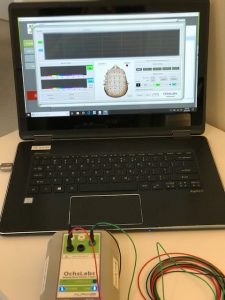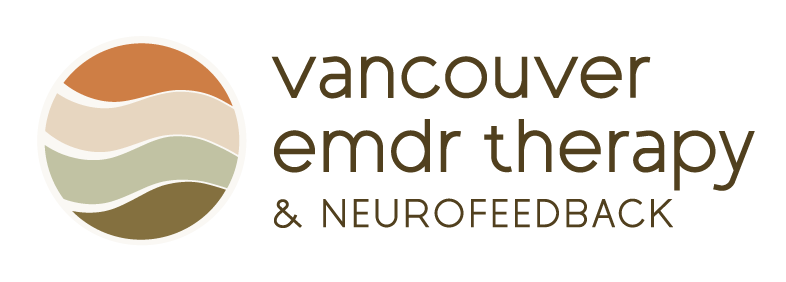Care for your spirit, move your body, dealing with trauma and PTSD, anxiety treatments and music. To learn more about how these topics can help reduce trauma and chronic stress then please continue reading…
This is a list of monthly “trauma recovery tips” from a trauma specialist to help you reduce the effects of trauma and chronic stress on your life so you can live from a place of healing, hope and happiness.
Healing from trauma is a different process for each person. As a trauma-focused therapist I never tell my clients to do anything that I haven’t tried or use regularly in my life. I have learned over the years through experience, research, feedback from clients and insights from other professional’s successful ways of healing emotional wounds as well as managing persistent stress. What I share with you here is both cutting edge and tried-and-true techniques for healing.
Trauma Tip #1
 Care for your spirit and find more peace in your life. Make a list of people in your life whose company makes you feel more optimistic, more positive, more cheerful, less anxious. Spend more time with them. Plan a date, get together for tea or go for a walk.
Care for your spirit and find more peace in your life. Make a list of people in your life whose company makes you feel more optimistic, more positive, more cheerful, less anxious. Spend more time with them. Plan a date, get together for tea or go for a walk.
Trauma Tip #2
Move your body. Research shows that regular exercise is as effective as antidepressants in helping to lower depression. We cannot underestimate the effects of exercise on our emotional health and reducing trauma symptoms. We are more sedentary now then we have ever been in our society. Find what types of exercise work well for you and do it every day for the best results!
Trauma Tip #3
We don’t always get to choose the hand that we have been dealt in life but we can choose how we deal with it! If trauma is impacting your life and you are suffering because of it, feeling stuck or repeating the same old destructive patterns then seek help by a trauma informed therapist for EMDR therapy.
Trauma Tip #4
 Reduce your anxiety. GAD or Generalized Anxiety Disorder is characterized by excessive or uncontrollable worry. GAD is often seen in people suffering from trauma and PTSD.
Reduce your anxiety. GAD or Generalized Anxiety Disorder is characterized by excessive or uncontrollable worry. GAD is often seen in people suffering from trauma and PTSD.
When we are feeling too anxious it means that our brain waves are either too high in some areas such as, Theta and Delta waves. Or too low in other areas such as, Alpha waves. Using a brain centered treatment such as LENS Neurofeedback can help to regulate the brain and reduce persistent anxiety.
LENS Neurofeedback uses the latest technology to optimize the brain. Image below of LENS Neurofeedback computer system and sensors that are applied to the head.
Trauma Tip #5
Music. Listen to music to elevate your spirit! I have been listening to Binaural Music lately and love the way I feel.
Give this a try for yourself and see how you feel. Bilateral Music / EMDR Music Therapy Bilateral Stimulation (ex: Mark Grant, David Grand)
This information is provided by Lemecia Lindsey, LICSW. Lemecia has dedicated her private counseling practice to helping clients heal from trauma. She specializes in EMDR therapy, Neurofeedback and is an Integrative Medicine Mental Health Provider.
*This list is not a substitute for medical intervention. Consult with a doctor to decide what is best for you.

